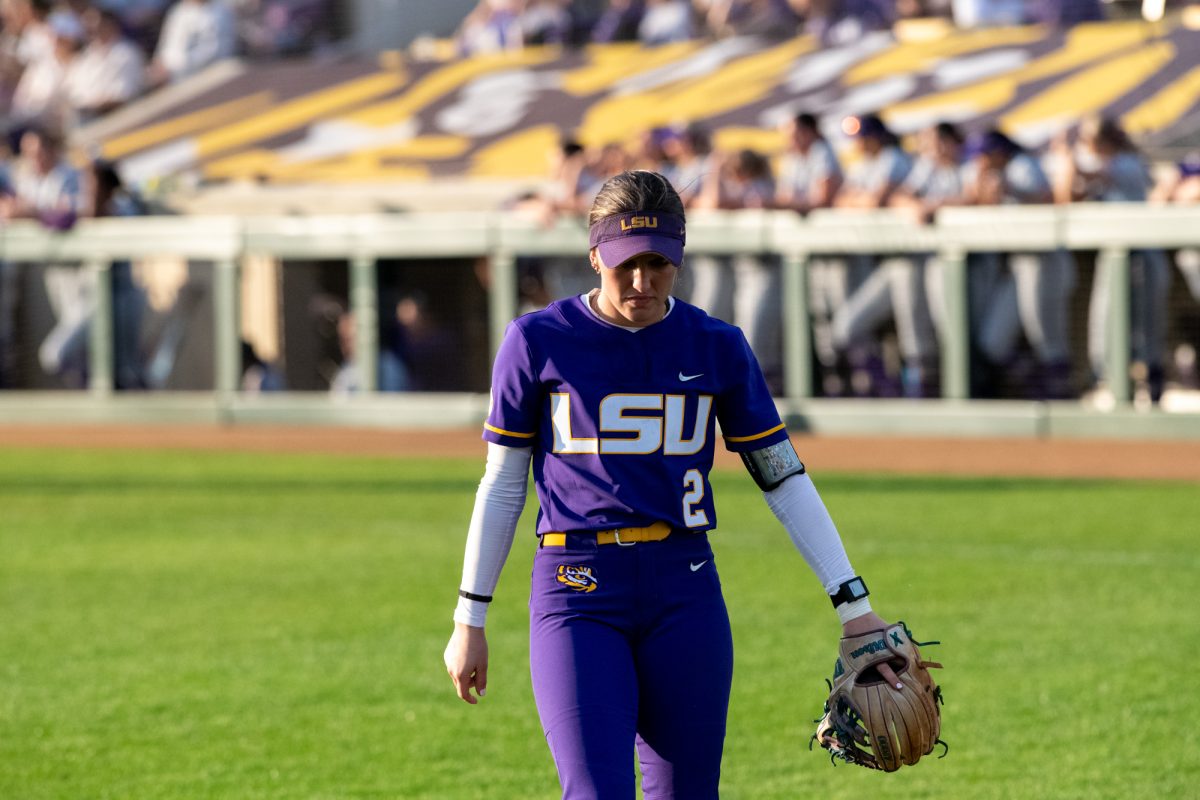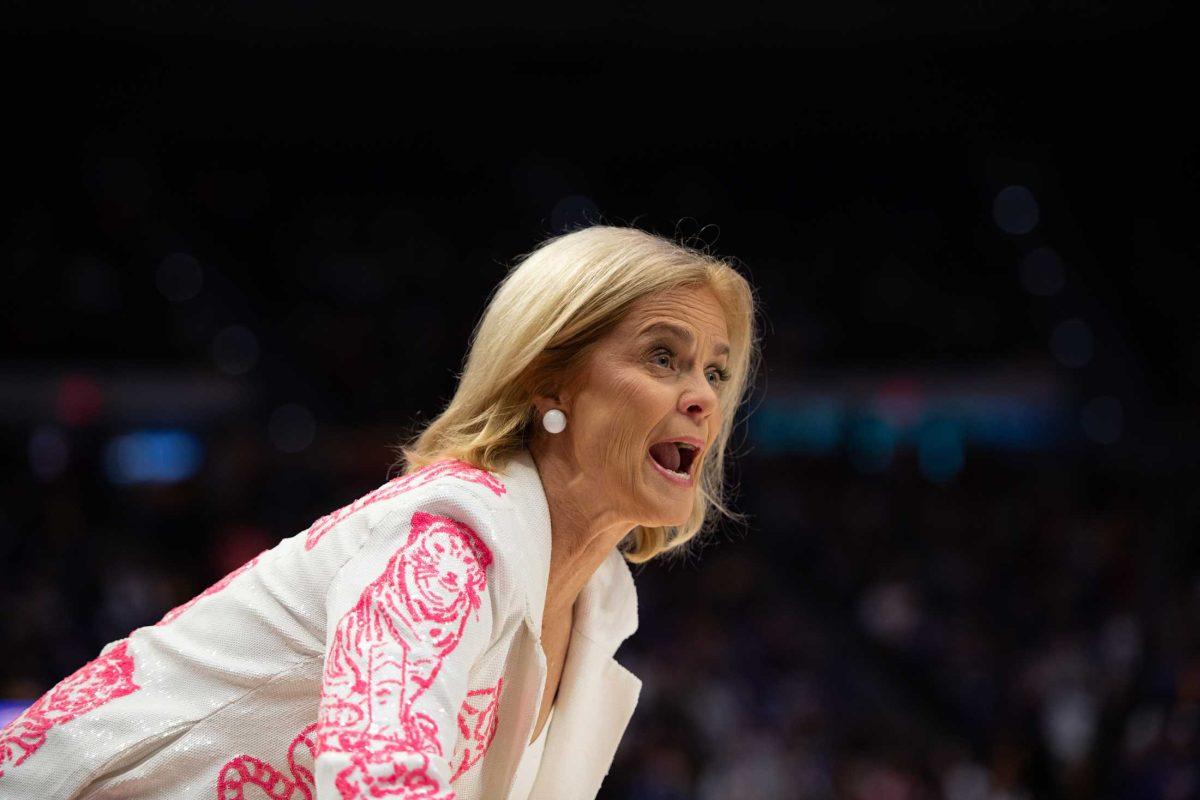College sports have changed with developments and enhancements in technology.Football games are now under television contracts, and teams are forced to play at certain times because of these contracts. TV timeouts frequently interrupt games.But the latest technology to influence the college sports world are Internet social-networking Web sites like Twitter.Southeastern Conference players and coaches have joined the movement and post messages on Twitter about everyday thoughts and activities.Many people watched as LSU football coach Les Miles used Twitter on national television while he was watching the LSU baseball team win a national championship in Omaha, Neb., in late June.Miles tweeted about two-sport athlete Chad Jones, who was pitching for the Tigers during the College World Series.”How about Chad Jones! The way he came off the field looked like he just ran a pick back for a TD. Doing two sports very well,” Miles tweeted.But some coaches have problems with social-networking sites and have committed NCAA violations while using Twitter.Tennessee coach Lane Kiffin made a recruiting violation when he tweeted, “It’s a beautiful day in Knoxville, Tennessee today. I was so excited to hear that J.C. Copeland committed to play for the Vols today!”Kiffin was in violation because a coach is not supposed to comment on a recruit by name until they are officially signed with the team. Despite the violation, Kiffin believes his team doesn’t need a Twitter policy.”Our head coach had an issue with Twitter when he wasn’t supposed to, but we don’t need a policy for our players,” Kiffin said.Though there is no specific SEC Twitter policy for players and coaches, some coaches are keeping an eye on what players tweet.”If you’ve got guys on your team that are constantly spewing things out there that are detrimental to the team, then you have to address that,” said Georgia coach Mark Richt. “The policy that is most crucial is that everyone understands that we are a team, and we need to stay true to each other.”Most SEC coaches said they don’t have a specific Twitter policy in place, but the team has a policy about putting personal information on the Internet.”If you wouldn’t want anybody in the world to read what you are writing, then don’t post it on the Internet,” said Mississippi State coach Dan Mullen. “If you don’t want your grandmother or your mother to see your actions, then don’t do those because there is a good chance you are being videotaped.”Kentucky coach Rich Brooks said he tries to make sure his players are treated fairly so people won’t have anything embarrassing to say about the team or the coaches.”If you coach your team straightforward and honest, keep things above board and treat them pretty much as adults, I think that shouldn’t be a major problem,” Brooks said.Even though the SEC doesn’t have a Twitter policy for the teams within the conference, the conference has a published policy about what the media can post online while in the press box.The SEC’s media credential policy states, “No Bearer [of media credentials] may produce or disseminate in any form a ‘real-time’ description or transmission of the Event. Periodic updates of scores, statistics or other brief descriptions of the competition throughout the Event are acceptable.”The SEC policy also said fans that are at the games are not allowed to “make use of any account, description, picture, photograph, video, audio, reproduction or other material subject to protection under the copyright laws of the United States.”The SEC revised its policy several times because of many complaints from the media. The final revision was released Aug. 27.”The SEC has always had a positive relationship with the media,” said SEC commissioner Mike Slive in a news release. “When contacted by major media associations, we immediately began constructive dialogue to address their concerns. While there were a few changes we could not meet, there was agreement on many of the issues. We look forward to maintaining communication with the media as we work to balance the issues important to the media and the SEC’s ability to protect its digital rights and trademarks.”The new policy has a new section labeled “Blogging,” which states: “Blogging, including periodic updates of scores, statistics or other brief descriptions of the competition throughout the Event, is acceptable provided that the Bearer conforms to the blogging policies separately published by the SEC, as such policies may be revised from time to time.”- – – -Contact Jarred Leblanc at jleblanc@lsureveille.com
Football: SEC conference keeps loose grip on Twitter policies
November 3, 2009









